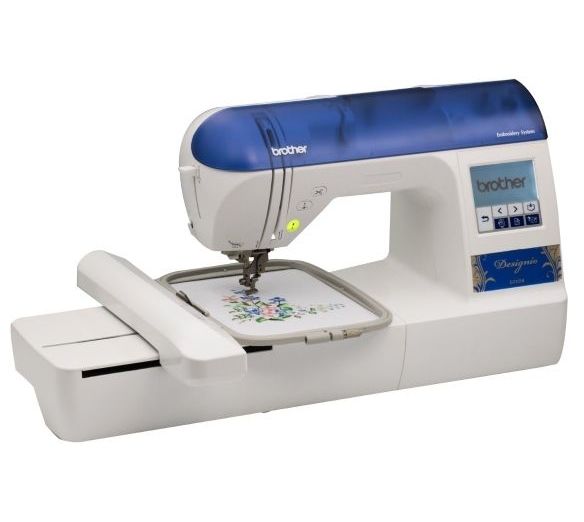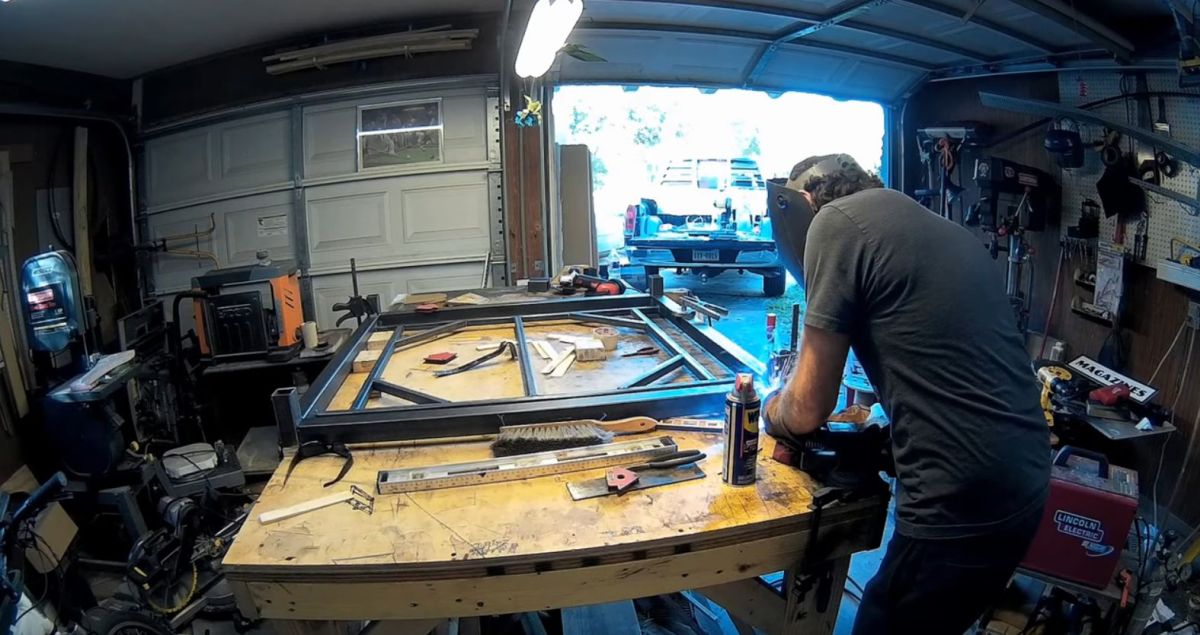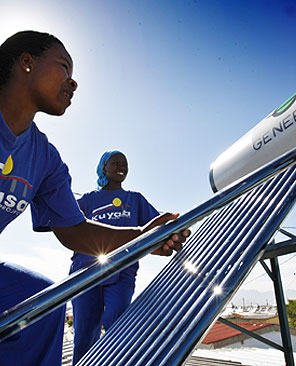If you are a sewing enthusiast, then you should definitely consider yourself lucky for having a wide choice for the home embroidery machines. Previously, multiple needles were only available for large-scale productions. However, today you can have it even for domestic uses. Before deciding on which one to get for yourself, it is mandatory that you know what are the specialties and drawbacks of both. This will give you a clearer understanding of both the home embroidery machines and also help understand the versatility of using them at home.
1. Single needle machine
Single needle machines look almost traditional. They have a flatbed and come with removable embroidery units, making them applicable for normal utility sewing as well as computerized embroidery. Many of these machines are designed to be smart and user-friendly so that they can be easily alternated for decorative and normal sewing.
Single needle machines usually have the needle, bobbin, and thread all in one head. These are kept stationary while the fabric is moved under it. The machine can either be run manually or set with predetermined orders depending on the length of the fabric and the style of embroidery.
Pros
-
The single needle machines are very affordable, readily available and give a great finishing.
-
Since they are controlled by a computerized program, they run very precisely, giving just the desired result.
-
You will also get to choose from a wide range of design options.
Cons
-
This type of machine may be impractical if you are deciding to undertake sewing for commercial purposes.
-
It would be very hectic and time-consuming to frequently change the differently colored threads.
-
It is also not sensible to devote such a long time to one single garment.
2. Multiple needle threads
Home embroidery machines with multiple needles make sewing more fun and allow you to experiment with more complex and challenging designs. The number of needles may vary from four to ten. You can use the needles for threads of different colors and textures. As you continue your embroidery, you will not be frequently required to pause and change threads. This will make the entire process smoother and faster.
Pros
-
Very convenient for multi-color designs.
-
They are also practical for commercial use.
Cons
The only disadvantage is that these machines are comparatively more expensive than the single needle machines. However, they are worth the investment.
Comparison
The multiple threaded home embroidery machines are best suited for people who take sewing more seriously. It is also ideal if you are looking for channels to commercialize your skills. Since the multiple threaded machines are more of an investment, you should definitely consider your dedication to the trade before you buy it.
Single threaded machines are very practical. They can be used for embroidery as well as normal utility sewing. These machines are best suited for people who only resort to sewing when the situation demands. These are also more appropriate for beginners making a venture into sewing.
Read more about many different types of monogram home embroidery machines.




